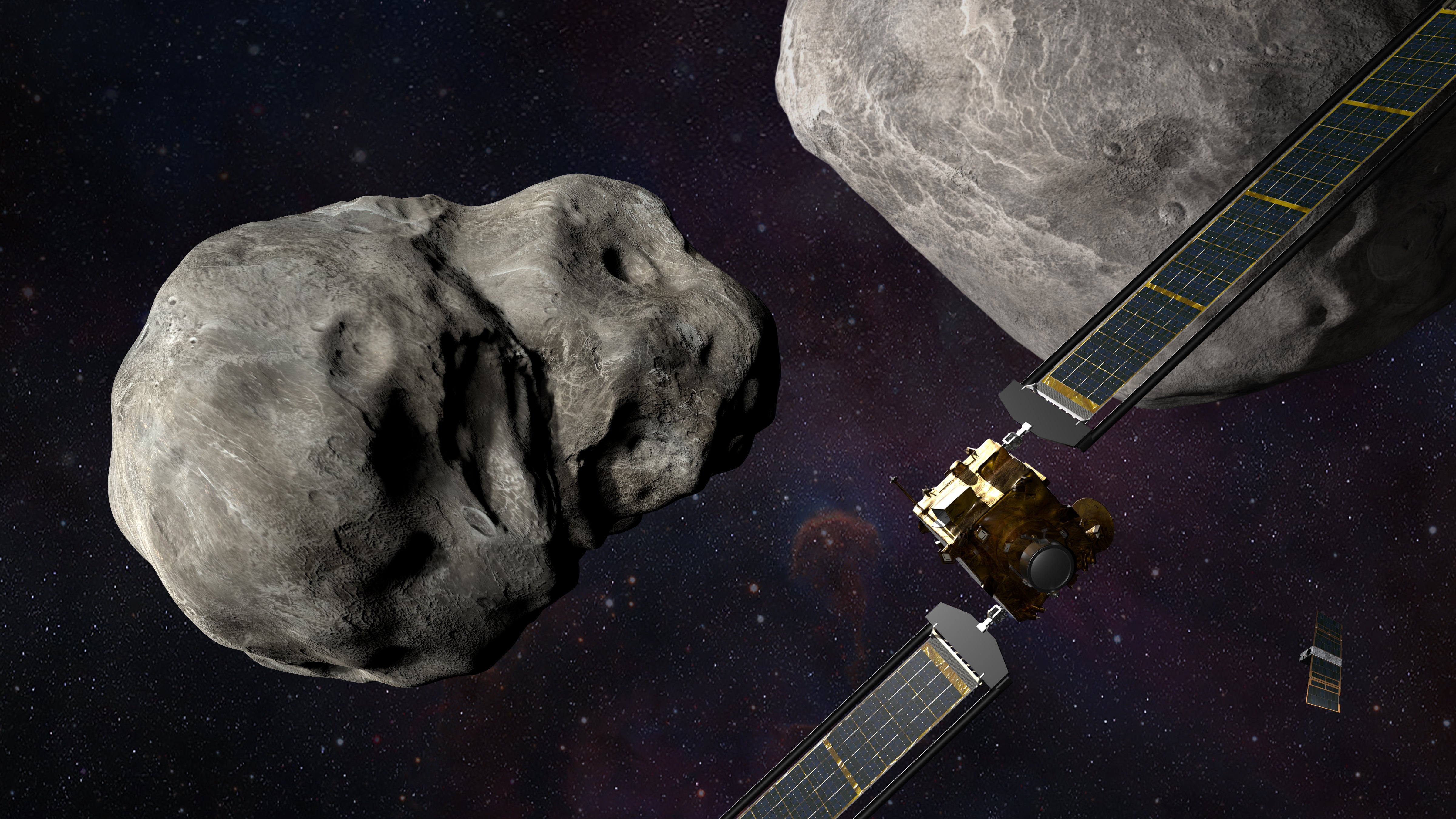Amateur astronomers make ‘major breakthrough’ in saving Earth from asteroids
Discovery marks beginning of ‘an era where the general public is becoming a decisive player in the conquest of space,’ says Unistellar founder

Dozens of amateur astronomers using consumer-grade telescopes have been credited for a “major scientific breakthrough” after collectively observing the aftermath of a Nasa mission to redirect an asteroid.
Users of the smart telescope brand Unistellar were able to combine their observations from locations around the world in order to assist in confirming the success of the Double Asteroid Redirection Test (DART), which saw the US space agency slam a spacecraft into the asteroid Dimorphos in order to test whether it was possible to alter its orbit.
Over 30 Unistellar users – based across four continents – monitored the probe for the planetary defence mission and observed the behaviour of the asteroid following the impact. The data collected through the telescopes was then used by scientists in order to evaluate the mission’s success.
All of the citizen scientists who helped collect the data were named as co-authors of a paper, titled ‘Light curves and colours of the ejecta from Dimorphos after the DART impact’, published in the peer-reviewed journal Nature on Wednesday.
Unistellar co-founder Laurent Marfisi said advances in consumer telescopes in recent years meant the convergence of recreational astronomy and scientific discoveries was becoming increasingly common.
“One of the main strengths of Unistellar is we have a worldwide network of many telescopes that allows continuous observations of the night’s sky, because it’s always night somewhere in our network,” Mr Marfisi told The Independent.
Since unveiling a prototype smart telescope on a crowd-funding platform in 2017, Unistellar has grown to more than 10,000 users globally. Owners are able to participate in citizen science projects through a companion app, with roughly 10 per cent of owners opting to participate.
It is the eighth time Unistellar users have been credited in a peer-reviewed scientific journal for their findings, though Mr Marfisi said the latest was the most “major scientific breakthrough” so far.
“It also marks our entry into an era where the general public is becoming a decisive player in the conquest of space, holding the key to more discoveries and wider dissemination of scientific knowledge,” he said.
The Nature study noted that “of all telescopes that observed the DART impact, from the ground and space, the [Unistellar] eVscopes were among the smallest”.
The paper is one of five published in the journal this week relating to Nasa’s DART mission.
Join our commenting forum
Join thought-provoking conversations, follow other Independent readers and see their replies
Comments
Bookmark popover
Removed from bookmarks